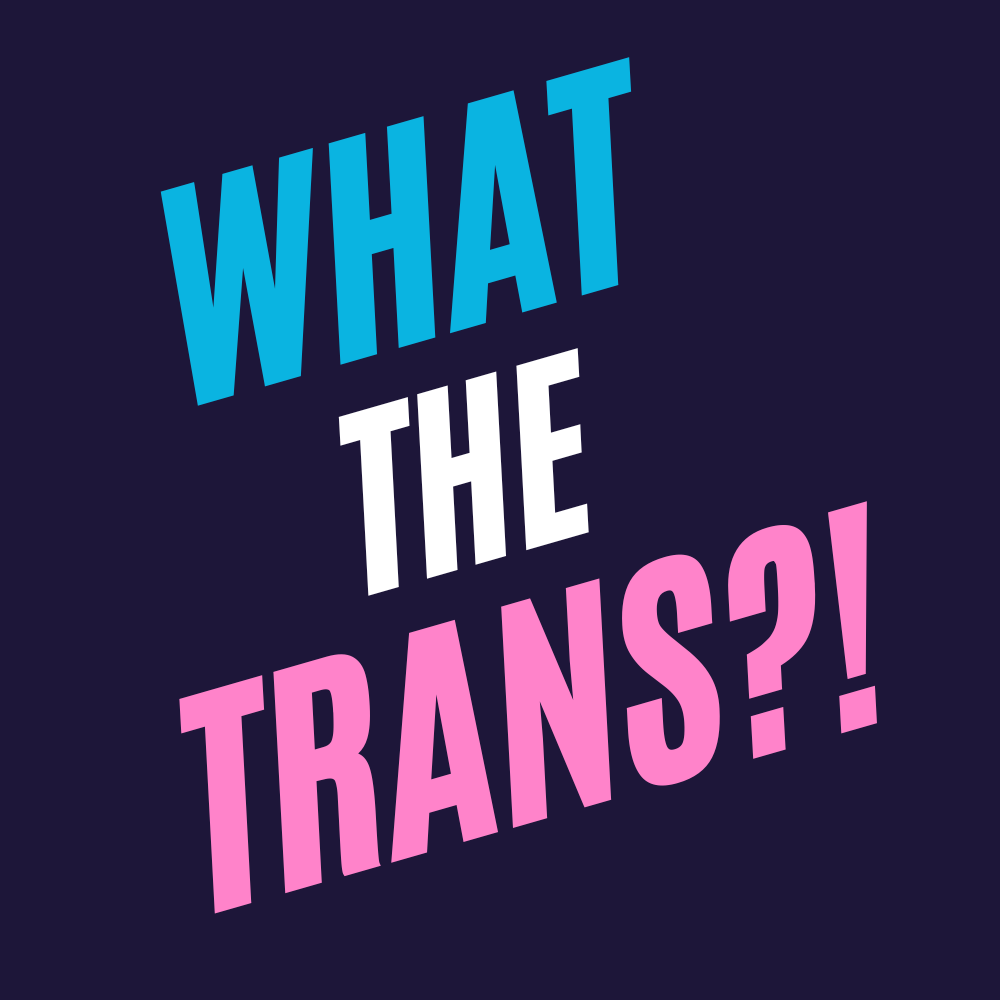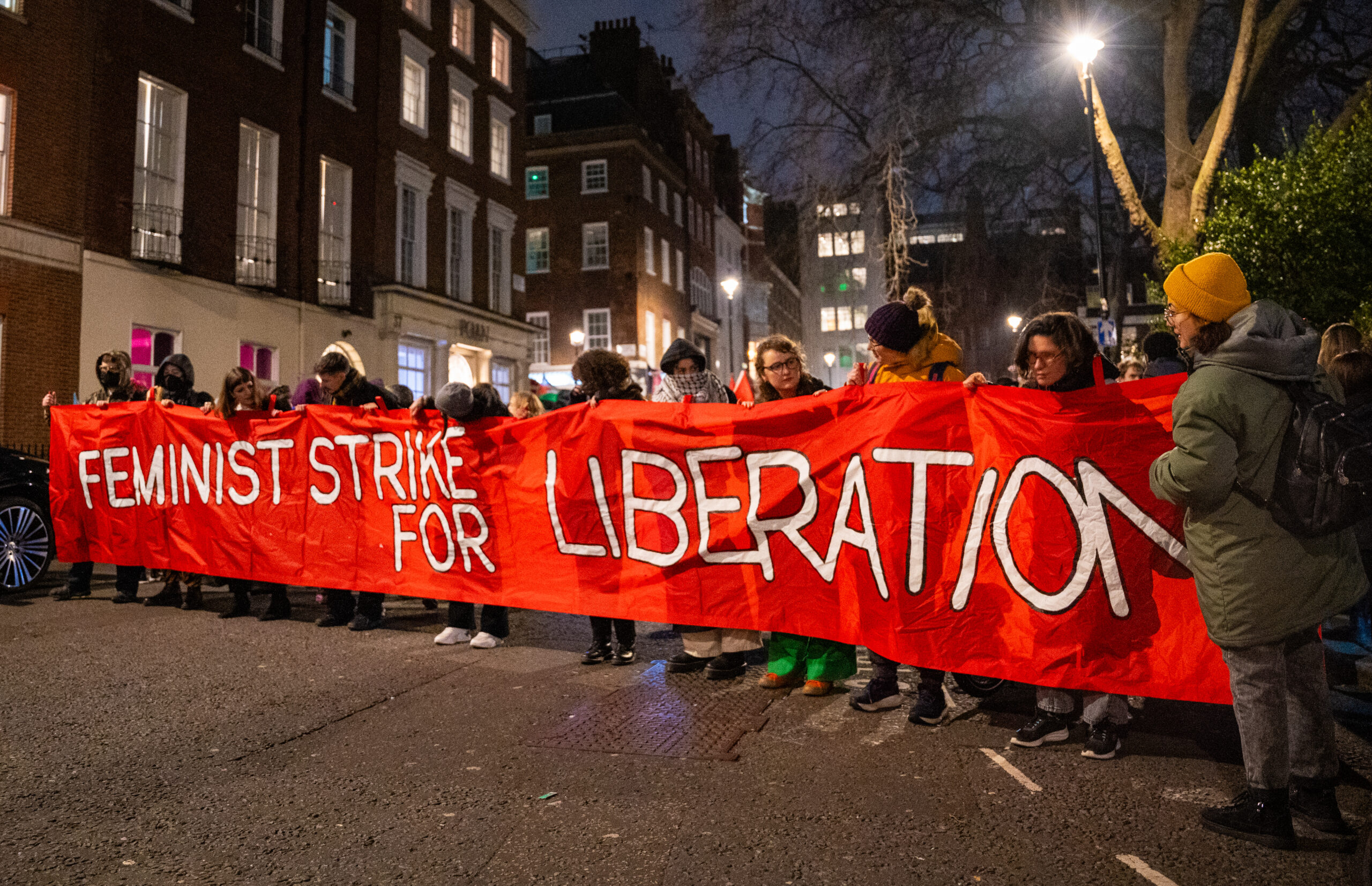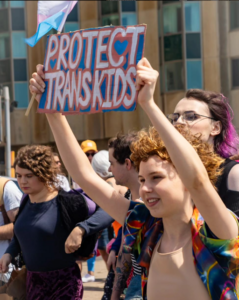‘Whose streets? Our streets!’ – one of many chants that sounded down the streets of London’s West End on the 8th of March, as the Feminist March for Liberation gathered on this year’s International Women’s Day. Beginning in Soho Square and cut short outside of Charing Cross Police Station, attendees of various collectives marched together, united in the name of Palestinian liberation.
In times of pink and purplewashing, where commodification is peddled as activism in the death sigh of late-stage capitalism, protestors met as a return to more radical fundamentals, this year’s International Women’s Day particularly potent as it eclipses five months of the genocide in Gaza. ‘I usually don’t celebrate it,’ confessed one protestor about her feelings towards the holiday, ‘but I feel like this year is different, I feel like I have a voice and should use it.’ They carry a sign decorated with flowers, their petals the colours of the flags of Palestine, Sudan and the Democratic Republic of Congo; countries whose people are each caught in the midst of nation-wide massacres. ‘Women in conflicts experience specific gender-based violence, like rape,’ they explain, ‘but also other issues like the lack of sanitary products and access to proper education. Even when not in times of conflict, these things are hard to access – but now they are especially difficult.’
When asked if they have anything they wish to say to the UK government, their plea was simple: ‘Just do the right thing’, a demand that both the Conservatives and Labour remain staunchly opposed to.
One bloc of the protest were those taking part in the sex worker’s strike, a response to the continued criminisation and stigmatisation of sex work. ‘We are striking with one core demand: We Want To Live’ states the Decrim Now webpage. Sex workers are often canaries in the coalmine for major government persecution, and when asked why they think it’s important for other minorities to collaborate with sex workers, one striker had this to say:
‘I think othering us into different groups is an attempt at individualizing a collective movement. Sex worker rights in particular are so entangled with all other forms of liberation – none of us can be free without all of us being free. The reality is, is that sex worker rights experience some of the most acute forms of patriarchal violence that we see spilling into so many other movements.’
Onwards from Soho Square, red umbrellas (the international symbol of sex workers) marched alongside the flags of the IWGB (Independent Workers Union of Great Britain), PCS (Public and Commercial Services Union), SKB London (Socialist Women’s Union), just to name a few of the collectives seen, as well as the trans flag. ‘WOMEN STAND AGAINST COLONIAL VIOLENCE’, read one slogan written on a piece of cardboard, an encapsulation of the march’s intersectionality.
This is not the first time protests have occurred on International Women’s Day, many of the mind that the holiday’s commodification has led people to forget its revolutionary ties. ‘‘We hope to show its real traditions,’ one attendee (a member of the International Marxist Tendency) stated, referring to the holiday’s origins from the 1917 Russian Revolution. ‘International Working Women’s Day is a revolutionary tradition that the ruling class has tried to co-opt into cultural events and galas that don’t really solve the question of women’s oppression, the question of the system of capitalism that feeds off the oppression of all people.’
It is encouraging to see such a diverse crowd be so united by a single effort. When asked what feminists and those who stand for Palestinian liberation have in common, another protestor put it simply: ‘Underdogs, that’s what we have in common. The people with the least power, with the least amplification, helping one another.’
And amplify they certainly did, as a small group of drummers lead the march through one of London’s busiest quarters. The walk through Soho was of particular importance for the sex worker’s strike, Soho being where the first brothel opened in 1778 and since then having a close history with the sex work industry. London on a Friday night is packed enough as it is, but all parted to make way for the protest. Another chant, ‘Rishi Sunak you’re a liar, we demand a ceasefire!’, seemed to resonate with many onlookers, who cheered the march on to Charing Cross Road.
Despite the frustration and rage palpable in the crowd’s chanting—frustration and rage directed at a decidedly ignorant and malicious British government—there was nevertheless a strong vein of optimism that ran throughout the proceedings. Even when halted outside of Charing Cross Police Station, protestors refused to be disheartened. People danced, laughed, encouraged those from the sidelines to join and listen and use their voices however they could. ‘I felt like this was a useful use of my time,’ said one participant who had been attracted to the protest whilst walking along the Strand. ‘There is a common recognition here of the disadvantages people have and the way the white, rich, capitalist patriarchy oppresses people.’ When asked why they think physical protests such as these are so essential, they replied, ‘it shows people that we don’t have to do things this way, we can change, but first we have to get out and do something. That’s why I have the flag,’ they explain, referring to the trans flag draped across their shoulders, ‘you can’t just stand by and let these things happen, you can’t just sit back and complain, you actually have to get out there and that starts with just grouping together like this and making some noise.’
All present had words for the UK government, some more publishable than others (‘Nothing nice!’ said one protestor) but all carried the same anger. My last interview was perhaps the most resonant: an attendee wearing a black-and-white checkered keffiyeh, the Palestinian headdress that has grown to be a universal symbol of Palestinian identity, solidarity and revolution.
‘I am here because I believe in human rights,’ they told me. ‘I believe in the dignity of being alive, of having shelter, of being able to care for another human being. I’m here because I’m a decent human being, and that we all need to be standing in this fight against oppression no matter what we look like, no matter our gender, no matter our race, no matter our anything.
‘In regards to International Women’s Day, I don’t think anyone can celebrate anything unless it is intersectional, unless we can actually understand what is going on, unless we can actually save Palestine, free Palestine, unless we can understand the amount of oppression that these women in Palestine are going through themselves.’
When asked what they would say to the UK government if given the chance, their response was to the point: ‘I cannot believe that you have the audacity to think that people standing up for human rights together is in any way extremist. You are the extremist. I do not know what world you come from, but it is clear that you are inhumane.’
‘Let us be inspired by our rage and led by our courage,’ concluded one of the speakers before the protest disbanded outside of Charing Cross Police Station, where police suddenly gathered, ending things short and filming the protest. If it weren’t for police intervention, I don’t doubt people would have felt fine to march throughout the whole of London. Speakers encouraged those still wanting to show up for Palestine to attend the national Demonstration scheduled for the next day (9th March), marching from Hyde Park to London’s US Embassy.
As we approach 6 months into Israel’s genocide against Palestine, where the attention market risks skewing efforts of global uprising, there is valid concern of the West losing interest. So long as such demonstrations continue to happen, however, and people keep speaking up, I feel confident that Palestine and its people will not be forgotten.






